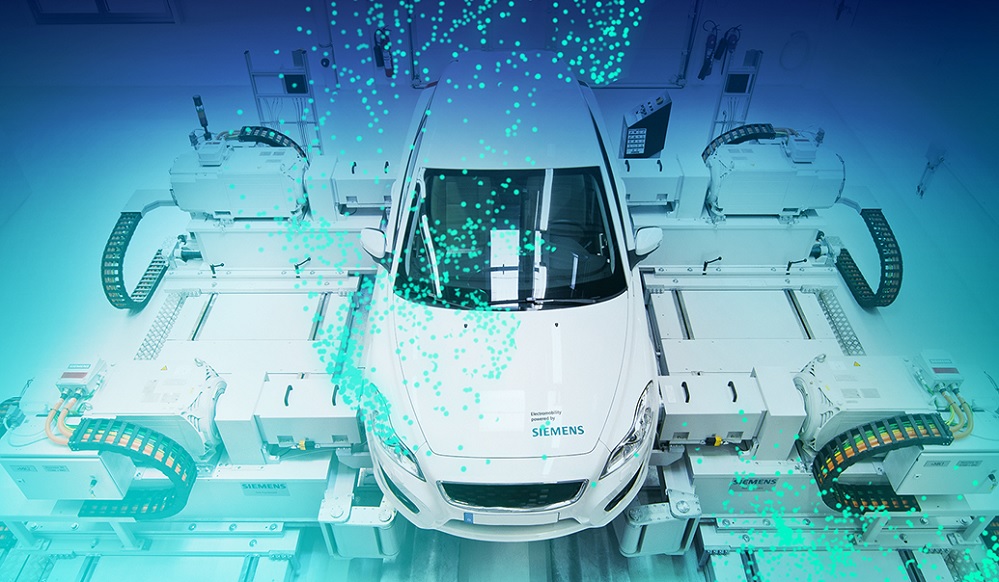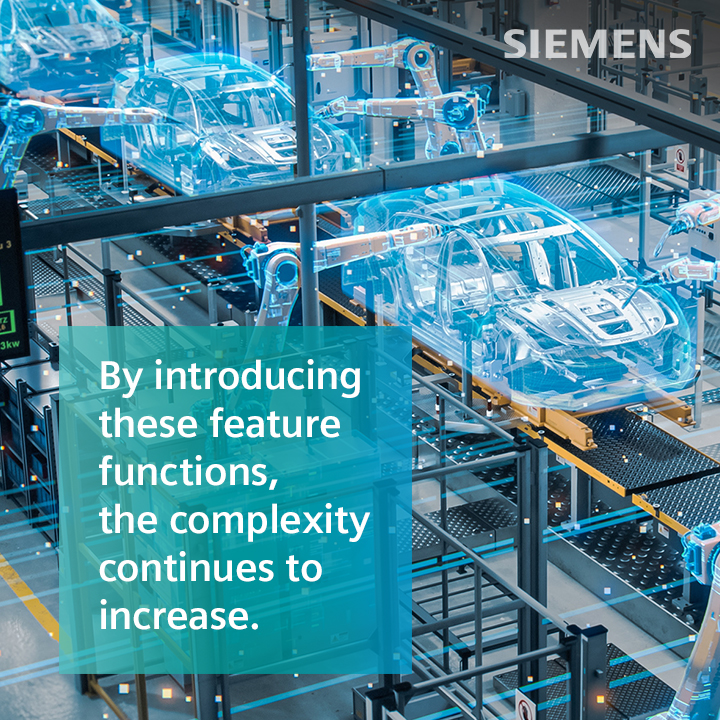The Future Car – Digitalization key to addressing the complexities of autonomous vehicle development

The automotive market is undergoing a transformation. New technologies, consumer demands, environmental pressures and more are driving a race to reinvent the personal driving experience by making it more comfortable, convenient, safe, and sustainable. The result is a transportation revolution that is powering autonomous vehicle development, vehicle electrification, and connected smart mobility. Furthermore, while legacy automakers are working to deliver new and advanced vehicles, they are also feeling the pressure created by dozens of new entrants to the automotive marketplace. Technology companies and small automotive startups are keen take part in the revolution and can rely on their expertise in the digital world to give them an advantage.

As the appetite for high-tech vehicles continues to increase, the nature of vehicle development has changed. Modern vehicles are increasingly defined by software and electronic components that enable the advanced features desired by consumers. This transition towards a software-defined vehicle has also caused a rapid growth in vehicle complexity. To keep up, legacy automotive original equipment manufacturers (OEMs) and suppliers must be able to deliver innovative software-driven vehicle features and contend with the mounting complexity of integrating these features into the mechanical, electrical, and electronic systems of a vehicle.
To do so, automakers must rethink traditional vehicle development processes and embrace digital technologies to compete in this dynamic and crowded marketplace. Critically, automakers must capture the vehicle holistically, as a system-of-systems, including hardware, software, networks, electrical wiring, and mechanical systems to understand the complex interdependencies within a modern vehicle. With such a perspective, automakers can drive innovation at the rapid pace demanded by the market today. Companies that implement this approach with coherent model-based dataflows will enable their engineers to design and refine functional models of various vehicle systems, optimize details across the product lifecycle, and connect these models together into a robust and comprehensive digital twin.
In a new podcast, I am joined by Dale Tutt, Vice President of Industry Strategy, and Nand Kochhar, Vice President of Automotive and Transportation Industries, both at Siemens Digital Industries Software. In this episode we discuss the future of the automotive industry and transportation more broadly, and dive into how the trends of electrification and autonomy are affecting other industries. We also talk about the steps companies can take to overcome rising complexity, adapt to new regulations, and develop more sustainable products and processes. You can listen to the new episode in the player below!


